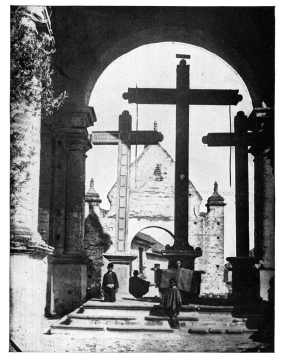
14 June 2006 — “One of the central objectives is to propose religious freedom in the country and to eliminate the privileges of the Catholic Church as the official state religion,” National Unity (CN) candidate Manuel Morales told the daily La Razon.
The need is to move from a confessional state to a lay (secular) state, declared Protestant pastor Alberto Salcedo, one of its supporters. He said the priority demand of the movement was based on the common “struggle for life, for equality and for dignity.”
CN is an alliance of Protestant Christians (the majority), left-wing groups and community organisations.
The ruling party, Evo Morales’ Movement to Socialism (MAS), has advanced the argument for a secular state, too – while not wishing to alienate its Catholic supporters. It has encouraged grassroots debate about the issue.
Meanwhile, the opposition Democratic and Social Power wants the constitutional text left alone, and the Bolivian Episcopal Conference says it favours religious freedom, but unsurprisingly with an expressed state recognition of the Catholic Church.
In May 2005, Bolivia’s Roman Catholic the bishops issued a pastoral letter which reviewed article 3 of the Constitution and declared that it would be opportune to “remove the doubts, and often the prejudices that certain sectors of the population have manifested regarding the current text.”
Article 3 says that the “State recognizes and upholds the Catholic and Apostolic faith. It guarantees the public exercise of all other religions. Relations with [the Roman Catholic] Church will be governed through concordats and agreements between the State and the Holy See.”
Francisco Flores, adjunct secretary general of the Bolivian Bishop’s Conference, explained that the position of the Catholic Church is to support “broad religious freedom.”
But he clamed the country “should recognize the Catholic Church and perhaps other religions as part of the history of the formation of Bolivia.”
Critics say that this is a contradictory position in practice, since it maintains the power and privilege of one institution – inevitably to the detriment of others. What is needed, they argue, is a level playing field.
The ruling Movement to Socialism does not include an established role for the Catholic Church in its constitutional proposals. In seeking removal of the current Article 3 it wishes to combine a lay state with freedom of worship (or not) for all.
© 2006 Ekklesia. Posted on Religioscope with permission. An initiative of the Anvil Trust, Ekklesia is a not-for-profit think-tank which works to promote theological ideas in the public square. Website: www.ekklesia.co.uk